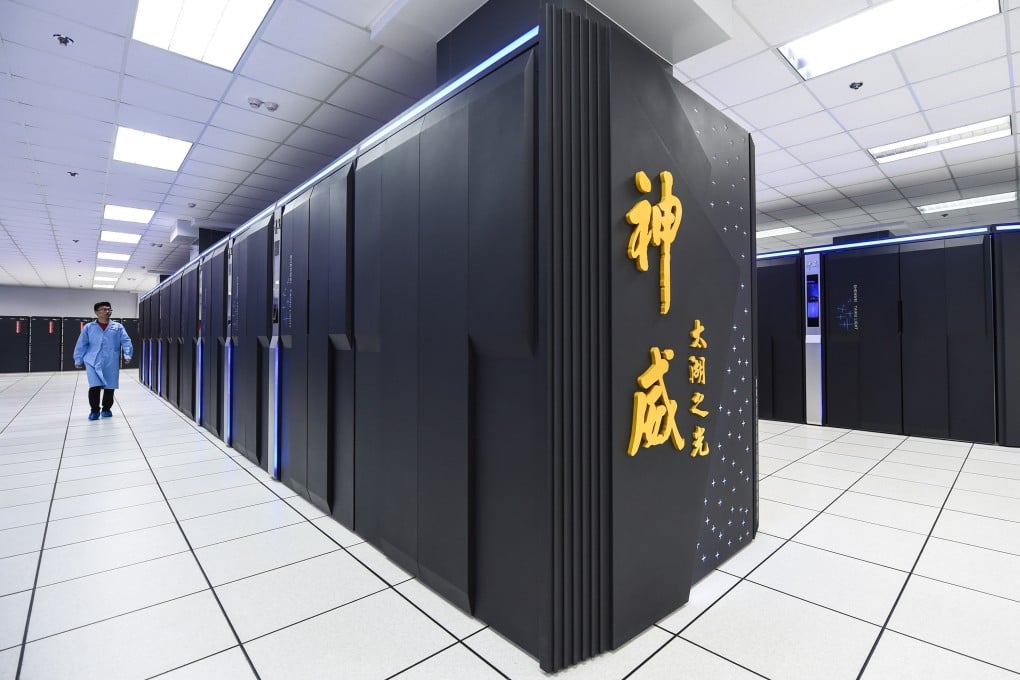US blacklists seven Chinese supercomputer centres over weapons concerns
- The Commerce Department says Beijing’s growing efforts in the field could have military uses that pose dangers
- Those put on the entity list include Wuxi’s National Supercomputing Centre, home to the Sunway TaihuLight, considered the world’s fastest when it was launched in 2016

The United States on Thursday restricted trade with top Chinese supercomputing centres, saying that Beijing’s growing efforts in the field could have military uses that pose dangers.
The seven centres or entities were put on the US government’s entity list, which means they require special permission for exports and imports from the United States.
“Supercomputing capabilities are vital for the development of many – perhaps almost all – modern weapons and national security systems, such as nuclear weapons and hypersonic weapons,” Commerce Secretary Gina Raimondo said in a statement.
“The Department of Commerce will use the full extent of its authorities to prevent China from leveraging US technologies to support these destabilising military modernisation efforts.”
The centres hit with the restrictions include the National Supercomputing Centre in the eastern city of Wuxi, home to the Sunway TaihuLight, which was considered the world’s fastest when it was launched in 2016 – the first time a supercomputer took the rank without using any US technology.
The latest Top 500 list, compiled by researchers to identify the most powerful supercomputers, as of late 2020 considered Sunway TaihuLight the fourth-fastest, with the top three in Japan and the United States.
China has amassed by far the greatest number of supercomputers, a growing field with implications for cloud computing, climate research and advanced mechanics – along with military research.